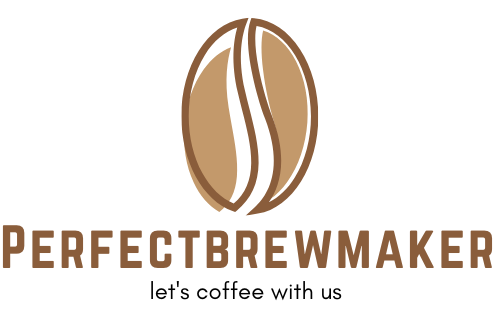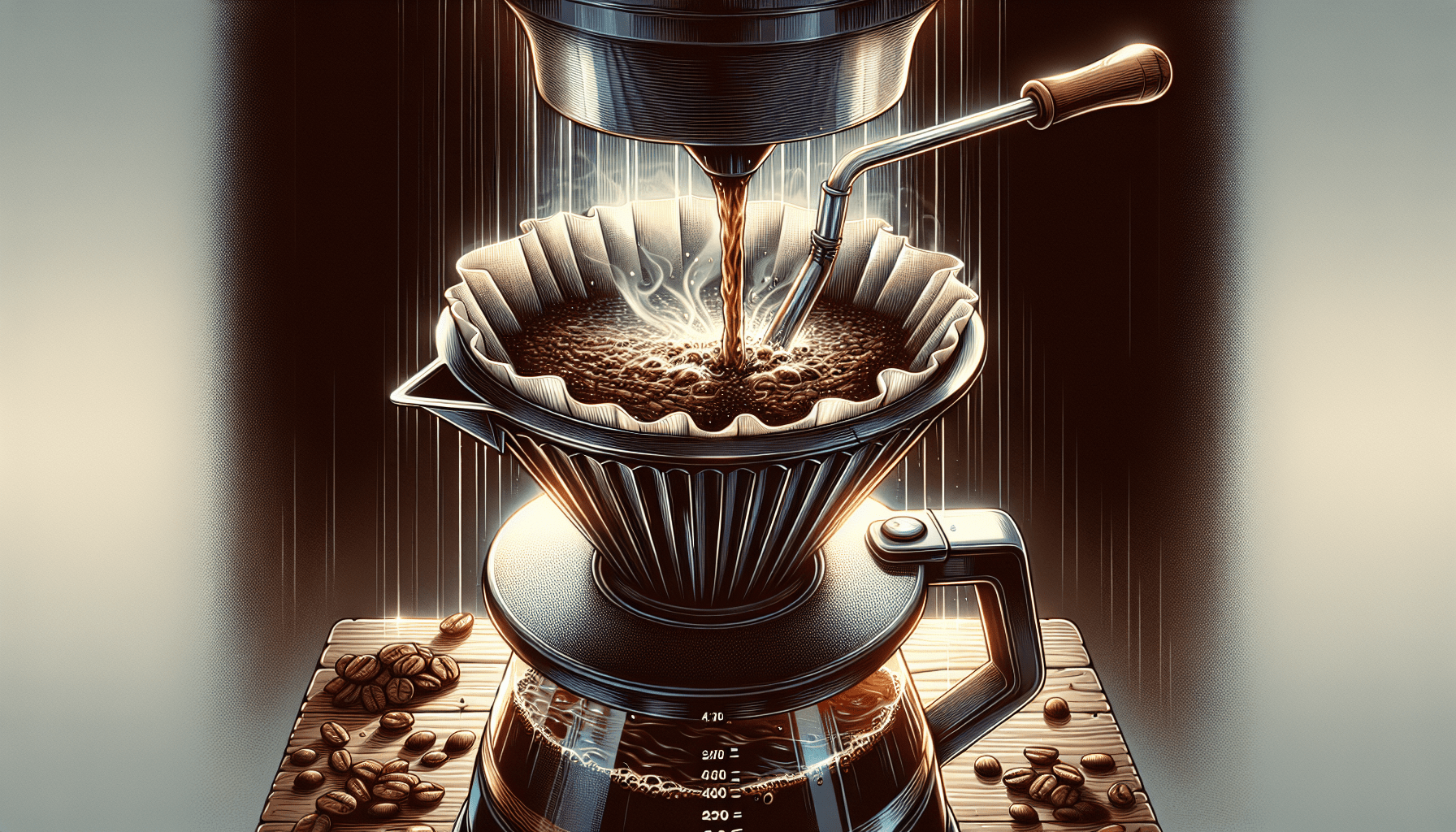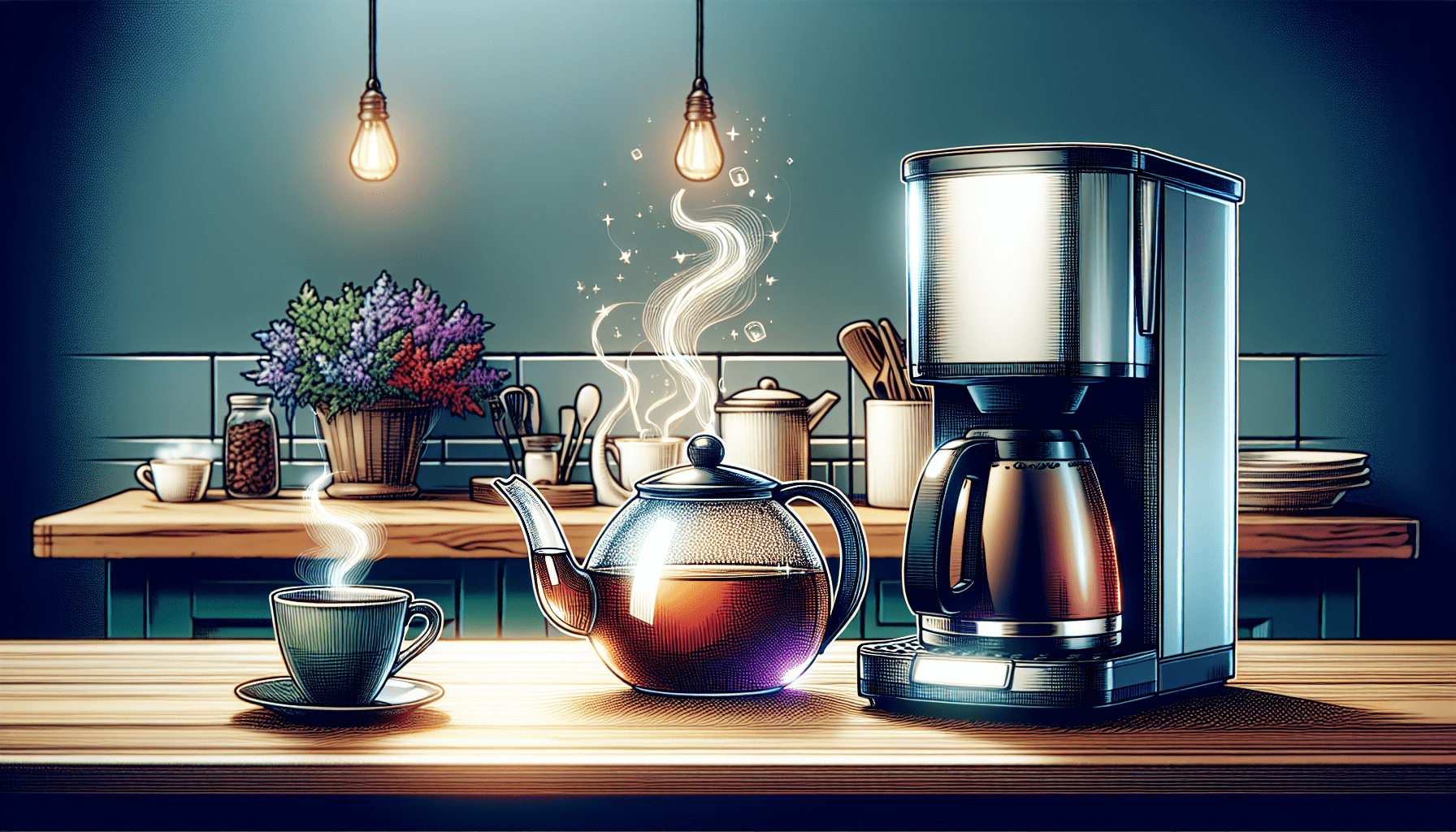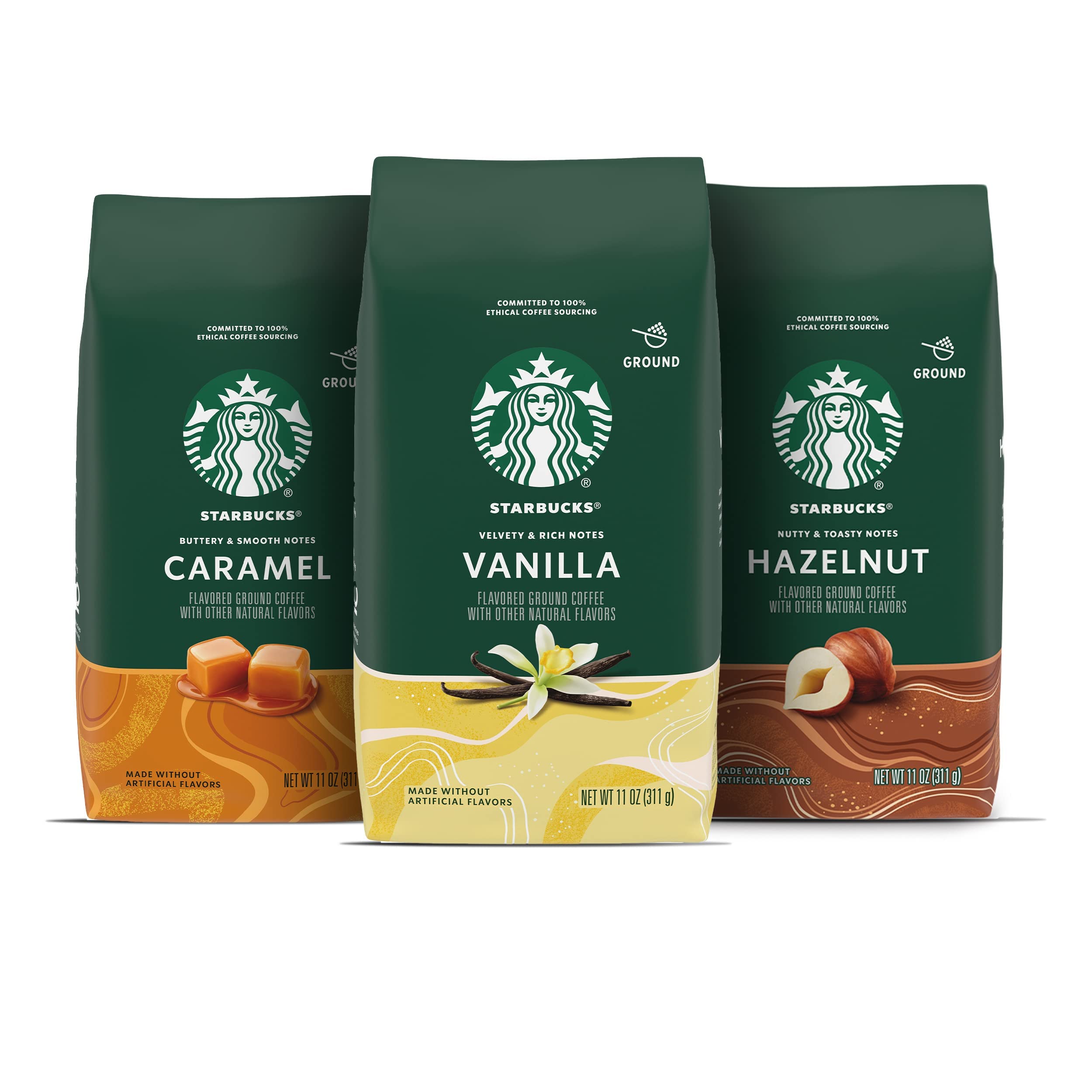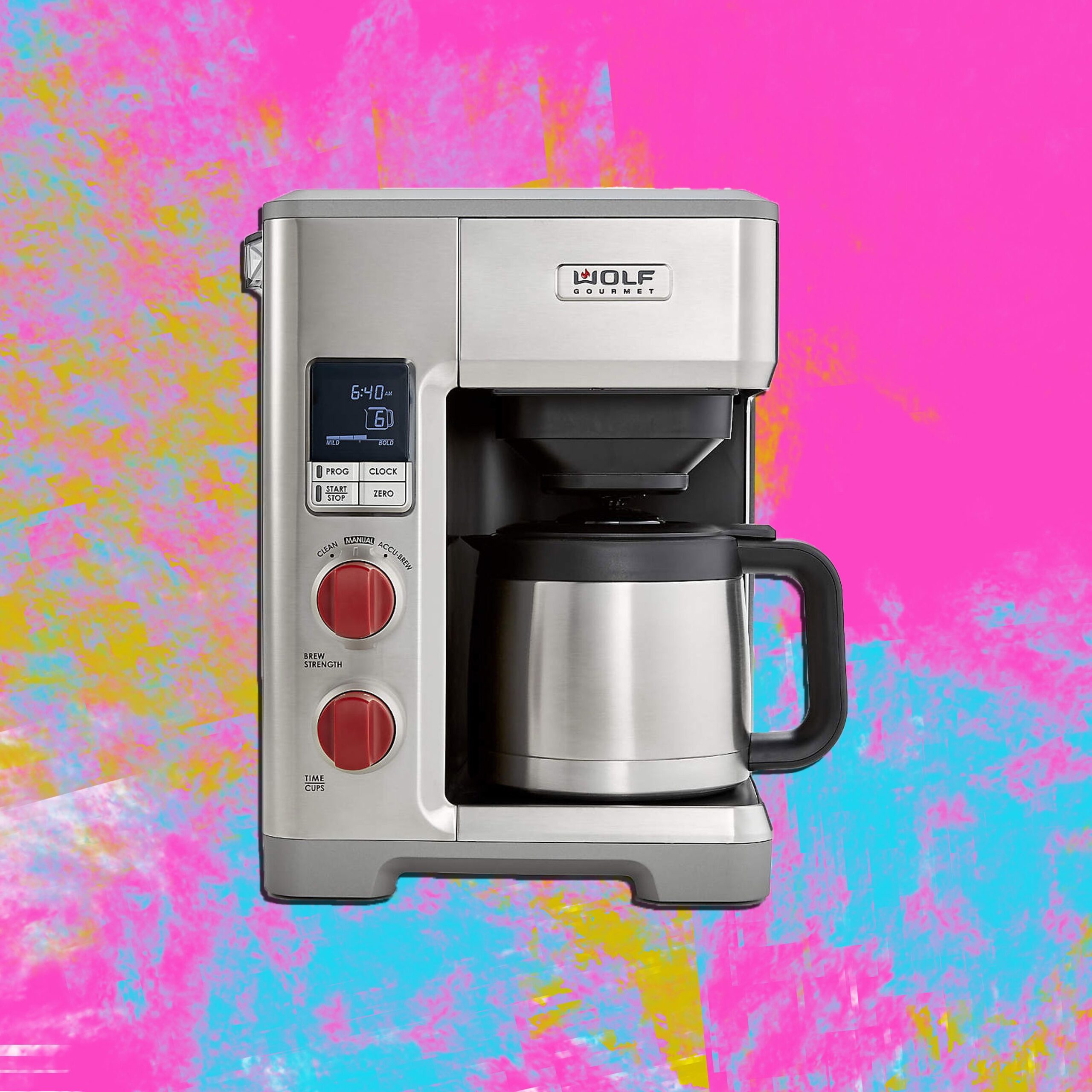Imagine waking up to the enticing aroma of freshly brewed coffee. The rich, bold scent wafting through the air, enticing you to start your day on the right foot. But have you ever wondered just how long it takes to brew that perfect cup of coffee with a drip coffee maker? We all have those mornings where time seems to slip away from us, and we’re left rushing to satisfy our caffeine cravings. In this article, we’ll explore the time it takes for your drip coffee maker to work its magic, so you can plan your mornings accordingly and indulge in that delightful cup of joe without any unnecessary stress.
Preparation
Gathering the equipment
Before you start brewing your coffee, it’s important to gather all the necessary equipment. This includes your drip coffee maker, coffee filters, coffee beans, a grinder (if you prefer to grind your own beans), a measuring scoop, and filtered water. Having all these items within reach will ensure a smooth and efficient brewing process.
Measuring the coffee and water
Next, it’s time to measure the coffee and water. The general rule of thumb is to use one to two tablespoons of coffee grounds for every six ounces of water. However, you can adjust the ratio according to your personal taste preferences. A digital kitchen scale can also be helpful in achieving consistent results.
Setting up the coffee maker
Before you begin brewing, make sure to set up your drip coffee maker properly. This includes placing a clean coffee filter in the designated slot and adding the appropriate amount of water to the reservoir. Ensure that the coffee pot is securely in place, and if your coffee maker has any additional features or settings, set them according to your preferences.
Heating Time
Time to heat the water
The time it takes for the water to heat up in your drip coffee maker can vary depending on the specific model and its wattage. On average, it typically takes about 5 to 10 minutes for the water to reach the optimal brewing temperature of around 195°F to 205°F (90°C to 96°C). Some coffee makers may have a built-in indicator light or timer to let you know when the water is heated and ready for brewing.
Factors affecting heating time
Several factors can influence the heating time of your drip coffee maker. The quantity of water, initial water temperature, room temperature, altitude, and machine performance can all play a role. If you’re brewing a larger batch or using cold water, it may take longer for the water to heat up. Similarly, brewing at higher altitudes or in colder environments might also extend the heating time. Keeping your coffee maker clean and well-maintained can help ensure efficient heating.
Brewing Time
Time for the water to pass through the coffee grounds
Once the water is heated, it’s time for the brewing process to begin. As the heated water flows through the coffee grounds in the filter, it extracts the flavors and oils, resulting in a delicious cup of coffee. The time it takes for the water to pass through the grounds can vary, but on average, it usually takes around 3 to 4 minutes for a full pot of coffee to brew.
Factors influencing brewing time
Several factors can influence the brewing time in a drip coffee maker. The grind size of the coffee grounds is one of the primary factors. Finer grounds tend to extract more quickly, while coarser grounds may require more contact time with water. Additionally, the freshness of the coffee beans can also impact brewing time, as fresher beans tend to have more soluble compounds and may extract faster.
Quality of Coffee
Impact of grind size on brewing time
The grind size of your coffee grounds plays a crucial role in determining the brewing time. A finer grind size, such as that used for espresso, will result in a shorter contact time between water and coffee, leading to faster extraction. On the other hand, a coarser grind, like that used for French press, will require a longer contact time for adequate extraction. Experimenting with different grind sizes can help you achieve the desired taste and strength for your coffee.
Effect of coffee freshness on brewing time
The freshness of your coffee beans can also impact the brewing time. Coffee beans that are more recently roasted tend to have more soluble compounds, which can lead to faster extraction. This results in shorter brewing times. Conversely, older beans might have reduced soluble compounds, leading to slower extraction and longer brewing times. For the best cup of coffee, it’s recommended to use beans within two to four weeks of their roast date.
Coffee Strength
The relationship between brewing time and coffee strength
The brewing time has a direct impact on the strength of your coffee. A shorter brewing time will generally result in a lighter, milder cup, while a longer brewing time will extract more flavor compounds, leading to a stronger and more robust brew. It’s important to find a balance that suits your taste preferences. If you find your coffee to be too weak, you can increase the brewing time slightly, and vice versa if it’s too strong.
Variations in Coffee Makers
Different drip coffee maker models and their brewing times
It’s worth noting that different drip coffee maker models can have varying brewing times. Some machines are designed to deliver faster brewing times, while others prioritize a slower extraction for a fuller flavor profile. Higher-end models may offer programmable options, allowing you to customize the brewing time and other parameters according to your preferences. If you’re particularly concerned about the brewing time, it’s helpful to research and choose a coffee maker that aligns with your desired brewing speed.
Adjusting Brewing Time
Changing brewing time for personal preference
By adjusting the brewing time, you can fine-tune your cup of coffee according to your personal preference. If you prefer a bolder and more robust flavor, you can extend the brewing time slightly. On the other hand, if you prefer a milder and smoother taste, reducing the brewing time can achieve that. It’s advisable to experiment with different brewing times to find your ideal balance of strength and flavor.
Methods to modify brewing time
There are a few methods you can use to modify the brewing time with a drip coffee maker. One way is to adjust the water-to-coffee ratio. Increasing the amount of coffee compared to water will slow down the extraction process, while reducing the amount of coffee will speed it up. Another method is to adjust the grind size of the coffee. Finer grounds will result in quicker extraction, while coarser grounds will extend the brewing time. Lastly, some advanced coffee makers offer adjustable pre-infusion times or brewing length settings, allowing you to customize the brewing time directly.
Cleaning and Maintenance
Impact of cleanliness on brewing time
Regular cleaning and maintenance of your drip coffee maker are essential for optimal brewing time. Over time, mineral deposits, coffee oils, and residue can accumulate in various parts of the machine, affecting its performance and heating efficiency. A dirty coffee maker may take longer to heat the water, resulting in increased brewing time. Therefore, it’s recommended to clean your coffee maker regularly, following the manufacturer’s instructions, to ensure that it operates at its best.
Regular maintenance for optimal brewing time
In addition to cleaning, there are a few other maintenance steps you can take to ensure optimal brewing time. Checking and replacing the coffee filter regularly prevents clogs that can slow down the brewing process. Descaling the coffee maker periodically removes mineral buildup, allowing the water to heat more efficiently. Wiping down the exterior and keeping the machine in a clean and dry environment also contribute to its longevity and performance.
Overall Time
Total duration from preparation to brewing completion
The overall time it takes to brew coffee with a drip coffee maker can vary depending on several factors, including heating time and brewing time. On average, it typically ranges from 8 to 15 minutes, starting from the preparation stage until the brewing is complete and you have a pot of hot coffee in hand. However, this can be influenced by the brewing size, desired strength, and specific features of your coffee maker.
Factors that can speed up or slow down the process
Several factors can impact the overall brewing time. Using hot water instead of cold water can speed up the heating time, reducing the total duration. On the other hand, brewing larger quantities of coffee will naturally require more time for the water to pass through the grounds. Additionally, the grind size and freshness of the coffee, as discussed earlier, can also influence the overall brewing time. By understanding these factors, you can make slight adjustments to achieve a more efficient brewing process.
Tips for Faster Brewing
Quick tips to reduce brewing time
If you’re looking to expedite the brewing process with your drip coffee maker, here are a few tips:
- Start with hot water: Using hot water from the beginning can significantly reduce the heating time.
- Opt for a finer grind: Finer coffee grounds will extract more quickly, resulting in shorter brewing times.
- Increase the water temperature: Some coffee makers allow you to adjust the water temperature settings. Raising the temperature can help speed up the brewing process.
- Pre-wet the coffee grounds: Pre-wetting the coffee grounds before starting the brewing cycle can help remove any trapped air and promote faster extraction.
- Use a higher coffee-to-water ratio: Increasing the amount of coffee relative to water will lengthen the brewing time, so using a smaller ratio can speed it up.
- Choose a coffee maker with faster brewing capabilities: If speed is a priority, consider investing in a coffee maker specifically designed for faster extraction.
By incorporating these tips, you can reduce the overall brewing time and enjoy your cup of coffee even faster.
In conclusion, while the exact time it takes to brew coffee with a drip coffee maker can vary depending on various factors, a well-prepared, efficient, and properly maintained machine should typically take around 8 to 15 minutes. By understanding the impact of variables such as heating time, brewing time, coffee quality, and adjustments that can be made, you can customize the brewing process to suit your taste preferences. Remember to experiment, keep your equipment clean, and enjoy the journey of brewing the perfect cup of coffee every time. Cheers to your delicious home-brewed coffee!
